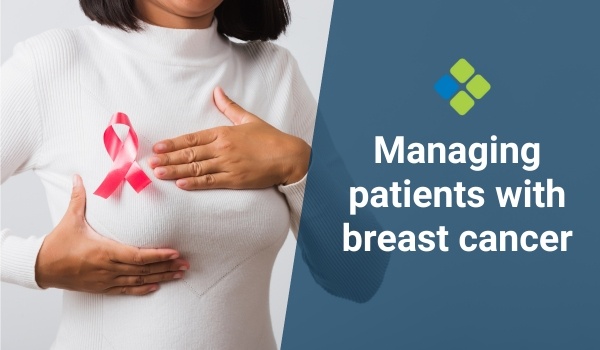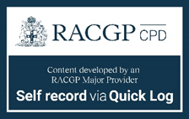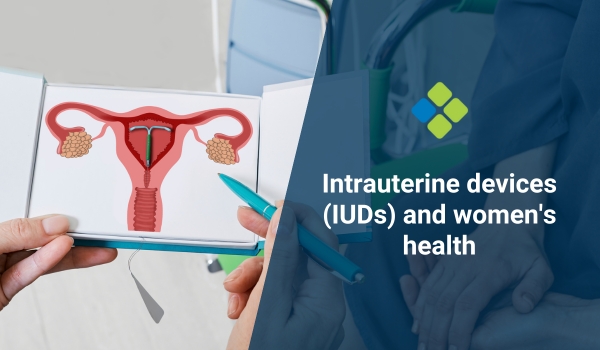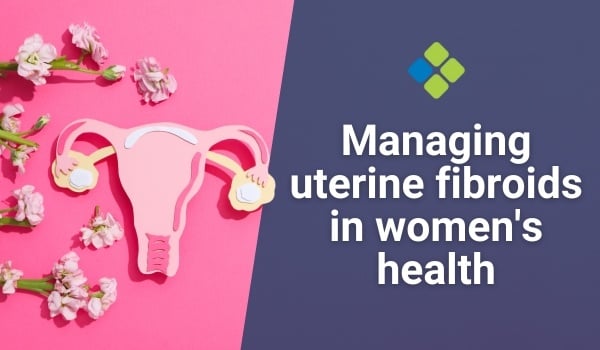Managing patients with breast cancer
Breast cancer is the most diagnosed malignancy in Australian women. Read more about how GPs are uniquely placed to offer holistic, patient-centred support.

HealthCert Education
Breast cancer is the most diagnosed malignancy in women in Australia, and the general practitioner is uniquely placed to offer holistic, patient-centred and longitudinal support throughout their journey.
A diagnosis of any cancer can have a profound effect on women’s physical, psychological and social wellbeing. It is important to listen to the patient’s initial concerns and react empathetically and non-judgmentally, offering emotional support alongside supporting them through necessary and practical steps.
There are several medical challenges relevant to women with breast cancer that the general practitioner should address. For premenopausal women, contraception and fertility should be discussed as early as possible. Breast cancer treatments may be teratogenic, and pregnancy is likely to be advised against following a new breast cancer diagnosis. Therefore, effective contraception is essential. Hormonal contraception is usually contraindicated in breast cancer, so women should be supported to start or switch to a non-hormonal method, such as condoms or a copper coil. For younger women, fertility preservation should be discussed early and preferably before beginning treatment. Patients should be referred to a fertility specialist for consideration of egg freezing where appropriate and feasible.
For older women taking hormone replacement therapy (HRT), this will likely require cessation. Therefore, for women experiencing menopausal symptoms, alternative management strategies such as selective serotonin reuptake inhibitors (SSRIs) or serotonin-norepinephrine reuptake inhibitors (SNRIs) can be considered for symptom relief. Cognitive behavioural therapy and lifestyle modifications such as exercise and weight management may also be useful.
Women are often worried about the heritability of breast cancer, so it is important to take an accurate family history and, where appropriate, refer to a genetic specialist for gene testing. It is important to reassure women that only around 5-10% of breast cancers are considered hereditary.
Breast cancer treatment, particularly endocrine therapies for hormone-sensitive breast cancers, may also result in premature menopause in younger women, and it is important to counsel women on what symptoms to expect and possible management strategies. Many women undergo chemotherapy or radiotherapy for breast cancer. Understanding these therapies, their common side effects and how to manage them is essential in primary care.
For women undergoing surgical management of their breast cancer, it is important to have an open and honest discussion about any psychosocial effects this may have. Breast surgery may result in a myriad of side effects, such as lymphoedema, fatigue and psychosocial implications. Patients should be supported post-surgery, for example, with wound dressings, monitoring for side effects and through any adjunct chemoradiotherapy.
A patient’s follow-up care plan should be developed alongside the multidisciplinary team following active treatment. Women who have had curative treatment are likely to be advised to participate in yearly breast screening for a period, and women must be alert to the signs and symptoms of cancer recurrence. The general practitioner may also monitor for delayed effects of treatment, such as cardiotoxicity and lymphoedema. Women should be supported to make healthy lifestyle choices, such as maintaining a healthy weight, reducing alcohol intake, and quitting smoking.
Finally, for women with breast cancer who have received a terminal diagnosis, discussion alongside the palliative care team is paramount to address issues such as symptom management, place of care and end-of-life wishes.
Dr Samantha Miller, MBChB
Learn more about this topic in the HealthCert online Professional Diploma program in Women's Health
Read more articles like this one on prevalent topics in Women's Health.
Engaging with this blog can help meet your annual
|
|
|
- Department of Health, State Government of Victoria, Australia. Better Health Channel. Health Checks for Women. (2022). https://www.betterhealth.vic.gov.au/health/healthyliving/health-checks-for-women#bhc-content
- Australian Government. Department of Health and Aged Care (2023). Yearly Health Checks. https://www.health.gov.au/resources/publications/yearly-health-checks-easy-read?language=en
- Cancer Australia (2021). Investigation of a new breast symptom: a guide for General Practitioners. https://www.canceraustralia.gov.au/inbsguide
- Australian Government. Cancer Australia (2020). Guidance for the management of early breast cancer Recommendations and practice points. https://www.guidancebreastcancer.gov.au/

 1800 867 1390
1800 867 1390







